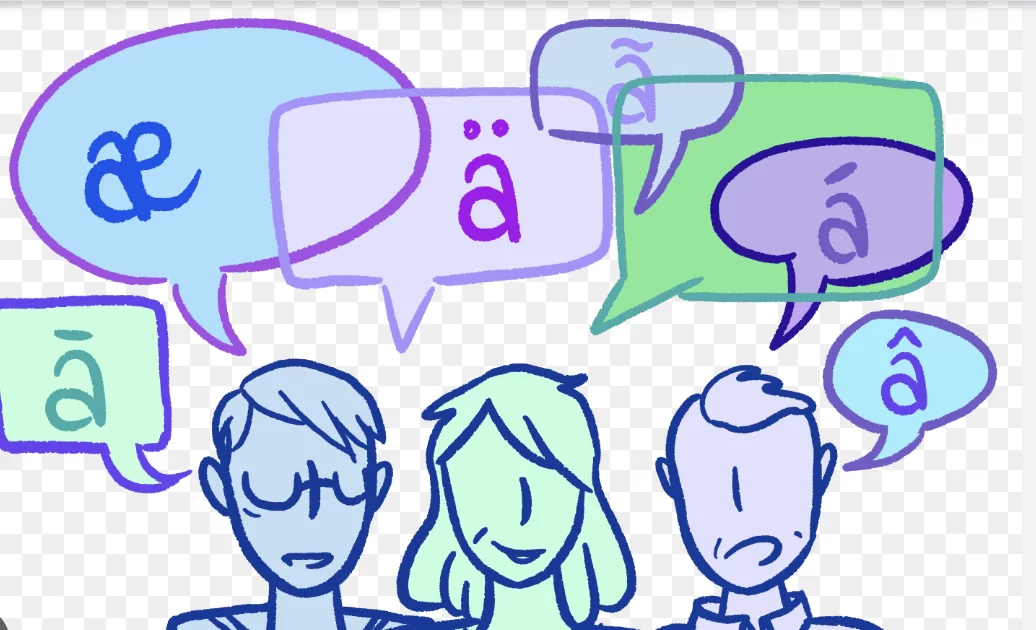The Consequences of Truck Drivers Breaking HOS Regulations
Image source Sharing the road with trucks can be nerve-wracking. These massive vehicles can cause serious damage in an accident. While truck drivers have a professional responsibility to operate their…

